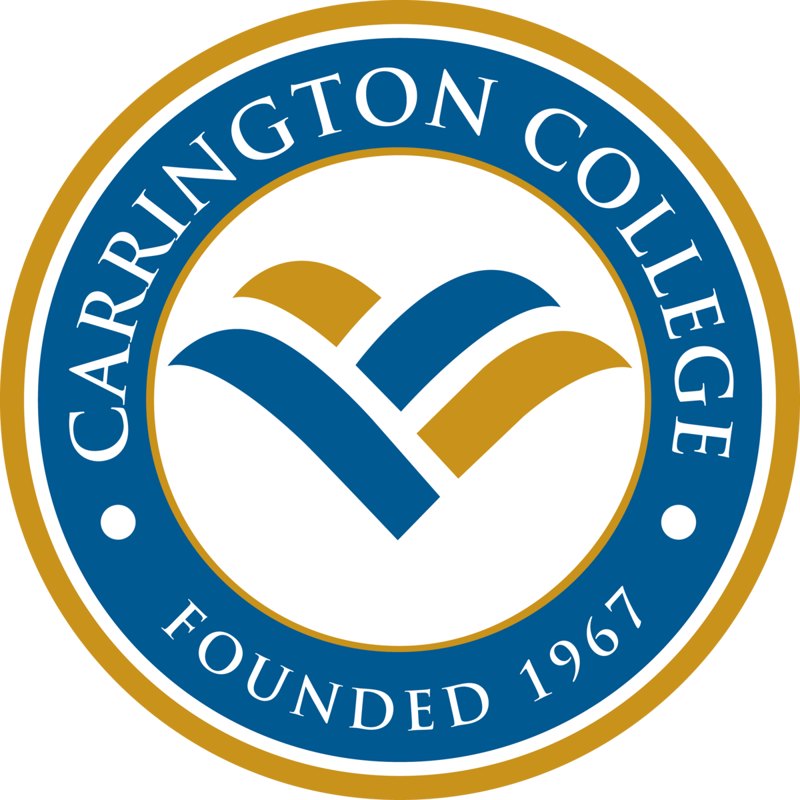
Financial aid (may be available)

Financial aid (may be available)

Financial aid (may be available)

Financial aid (may be available)
No cost info
Rivier University is renowned for its strong academic tradition and excellence in healthcare education, offering a comprehensive Graduate Nursing program that ensures students receive a cutting-edge education in the healthcare sector. What sets Rivier University apart is its commitment to the holistic development of each student. The Graduate Nursing program combines modern teaching methods with traditional approaches, providing students with a solid theoretical foundation and practical clinical experience in various nursing domains. With small class sizes and experienced faculty, Rivier University prioritizes individualized attention and academic success. The university's state-of-the-art facilities, including a simulation lab, allow students to practice skills and gain confidence. The program is also available online for working professionals. The curriculum focuses on contemporary healthcare concerns, preparing graduates to be critical thinkers and leaders in the field. Rivier University shapes future healthcare leaders who are empowered to make a difference in their communities. In conclusion, the Graduate Nursing program at Rivier University offers a comprehensive and innovative approach to healthcare education, preparing students for fulfilling nursing careers that prioritize ethical and patient-focused care.
No cost info
No cost info
No cost info
No cost info
No cost info
Rivier University is renowned for its vocational education and is particularly known for its exceptional Graduate Nursing program. Located near state-of-the-art medical facilities, the university offers students unparalleled hands-on experiences and training opportunities. The program is designed to equip students with the necessary skills and knowledge for a successful career in healthcare, with a curriculum built on evidence-based practice. The program also boasts experienced faculty members who provide a supportive learning environment and serve as valuable resources for students. Additionally, the program has partnerships with top healthcare institutions, providing students with clinical opportunities. The university's advanced simulation labs further enhance the practical learning experience. Graduates from the program not only gain a deep understanding of nursing but also enter the professional realm with extensive hands-on experience, giving them a competitive advantage. The program focuses on critical thinking, ethical decision-making, leadership skills, and values-based patient care, ensuring that graduates contribute to the workforce as quality healthcare professionals. Overall, Rivier University's Graduate Nursing program aims to prepare students for successful careers in healthcare and shape the future of the field.
No cost info
No cost info
No cost info
Rivier University offers an extensive Graduate Nursing program that distinguishes itself through its outstanding faculty, modern facilities, and challenging curriculum. The program is highly regarded for its emphasis on clinical training, providing students with opportunities to gain practical experience in healthcare settings and enhance their abilities and self-assurance. Understanding the multifaceted nature of nursing, Rivier's program aims to develop students' critical thinking and decision-making skills, offering advanced courses that promote a deeper understanding of complex healthcare situations. Through diverse clinical experiences, the program nurtures adaptable and skilled nursing graduates who are prepared to make a positive impact in their field.
No cost info
Welcome to the definitive guide to finding graduate nursing classes in Spokane. This post aims to provide all the necessary information for aspiring graduate nurses. The journey to becoming a graduate nurse can feel daunting, but with the right information, it can turn into an exciting adventure. This blog post is designed to help you navigate through the many aspects of this rewarding career path.

A graduate nurse is a nurse who has successfully completed their nursing program and has been awarded either an associate degree in nursing (ADN) or a bachelor of science in nursing (BSN). They are prepared to take the National Council Licensure Examination (NCLEX) to become a registered nurse (RN). Graduate nurses can provide direct patient care, administer medication, and work as part of a larger healthcare team. It's a profession that requires a combination of technical skills, compassion, and critical thinking.
To become a graduate nurse, you will need to fulfill several training requirements:
Education: First, you will need to enroll in a nursing program that awards an ADN or BSN. These programs combine classroom instruction with clinical rotations to provide a comprehensive nursing education.
NCLEX-RN Examination: Upon completion of your nursing program, you will need to take the NCLEX-RN examination. Passing this exam is a requirement to obtain RN licensure in all states.
Continuing Education: Like many healthcare professions, nursing requires ongoing education to maintain licensure and stay current with best practices and advancements in the field.
When searching for graduate nursing classes in Spokane, there are several factors to consider:
Accreditation: An accredited program has been thoroughly evaluated and meets standards set by a recognized accrediting organization. This ensures the quality of the program and can be important for future employment and advanced education opportunities.
Clinical Opportunities: Look for programs that include hands-on clinical experiences. This helps you apply what you've learned in the classroom in a real healthcare setting.
Faculty: Consider the qualifications of the faculty in the program. Experienced instructors can offer valuable insights and guidance.
Each day in a graduate nursing class is different, reflecting the dynamic nature of the nursing profession.
Lectures and Discussions: Your day might start with a lecture on a specific nursing topic, followed by group discussions and Q&A sessions.
Simulations and Lab Work: Practical skills are honed in simulated environments and labs, where you can practice procedures and techniques under the guidance of your instructors.
Clinical Rotations: Part of your program will also involve clinical rotations in healthcare facilities, providing real-world nursing experience.
The certification process for a graduate nurse primarily involves the NCLEX-RN examination. This is a standardized exam that measures the competencies needed to perform safely and effectively as an entry-level nurse. Upon passing this exam, you can apply for licensure with your state nursing board to become a registered nurse (RN).
Once you're a certified graduate nurse, you're ready to look for jobs. Hospitals, clinics, and nursing homes are common places that hire graduate nurses. Networking with healthcare professionals, attending job fairs, and leveraging job search platforms can also be beneficial.
After becoming a graduate nurse, there are many additional classes and certifications that you can pursue to further specialize and advance your career. These include:
Pediatric Nursing: This certification focuses on the care of children and adolescents.
Critical Care Nursing: This involves the care of patients with life-threatening conditions.
Oncology Nursing: This is centered on the care of patients with cancer.
Family Nurse Practitioner: This is an advanced practice role that involves providing primary care to patients of all ages.
For those who wish to further their education beyond graduate nursing, there are several advanced degrees to consider:
Master of Science in Nursing (MSN): An MSN prepares nurses for roles in advanced practice, education, and management.
Doctor of Nursing Practice (DNP): A DNP is a practice-focused doctoral degree that prepares nurses for the highest level of clinical practice.
PhD in Nursing: A PhD in nursing is a research-focused doctoral degree that prepares nurses for roles in research, education, and health policy.
The job outlook for graduate nursing is very positive. According to the U.S. Bureau of Labor Statistics, the employment of registered nurses is projected to grow much faster than the average for all occupations. This growth is driven by an increased emphasis on preventive care, growing rates of chronic conditions, and demand for healthcare services from the aging population.
In Spokane, there are numerous opportunities to connect with other nursing professionals and engage with the local community. The Washington State Nurses Association and Spokane Nurses for Equity are two organizations that offer networking events, professional development opportunities, and advocacy for nurses.
Graduate nursing is a rewarding and versatile career path with many opportunities for growth and specialization. With the right training and dedication, you can make a significant impact in the lives of your patients. As you embark on your journey to becoming a graduate nurse in Spokane, remember to leverage the resources available to you, whether that's through your nursing program, local nursing organizations, or online platforms like Dreambound, which can guide you in finding the best vocational training programs.
For more information on other vocational classes and career options, check out the following links:
Navigate the certification journey in this field with Dreambound's detailed guides, each crafted for various cities. For a deeper understanding of the process in other states, our additional guides may be able to help.
Are you exploring diverse professional opportunities? Take a closer look at these resources that Dreambound has written to help in your search.
Dreambound's platform allows prospective students to find the right educational program for them through searching, filtering, and connecting with our extensive selection of career & technical education partners.
Dreambound has over 70 programs across healthcare, technology, business, and industrial trades. This includes programs such as Medical Billing, Cybersecurity, and welding.
Some of our schools offer financial aid for those who qualify. Many others offer payment plans, where you can pay the cost of class over time.
Yes, Dreambound offers many online programs. On Dreambound's search, you can filter by online, in-person, and hybrid (part online, part in-person).
Dreambound is completely free for you to use! We are supported by schools and organizations who pay to advertise on our website, so we can offer all of our career resources for free.